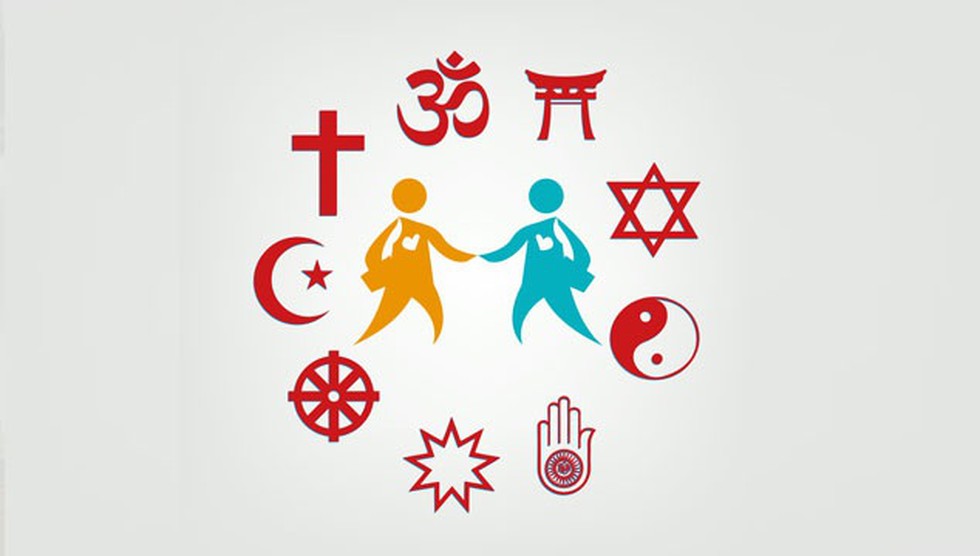By Maria Boulieri,
Maghrebian legal system, as the legal system of most of the Muslim countries, is really unique, because of the “mixture” of western laws with the religious laws. On one hand, we have the rigid and enforceable nature of the French Civil Code, in most Maghrebian countries, which were colonized by the French, and on the other hand, we have the traditional Amazigh informal justice system, as well as the Muslim Law, the Sharia — a religious law that focuses more on custom than strict adherence to the text. Thus, there is a balance that has to be found concerning the way these laws influence and coexist in the context of legal pluralism.
In general, where Civil Law governs contracts, Commercial Law, Administrative Law, Civil Procedure, and Criminal Law, Sharia applies to Family Law, succession, and personal status. The Maghrebian legal system has been deeply influenced by the colonizers and has adopted several principles of the French Civil Code, like clearly defining legal obligations by a code, instead of relying on case law precedent. Case law does not have binding precedent, but can only serve as persuasive rhetoric. Civil Code codifies the legal rights and obligations of citizens and laws of property, inheritance, and civil procedure. All Maghrebian countries have established civil, criminal, and commercial codes, as well as outlining procedures for such cases.
So, in Muslim legal systems, Family Law is ruled by the religion — the Islamic Law. That makes interfaith marriage (when a Muslim person wants to get married to a non-Muslim one) a very interesting topic, as it used to be considered “taboo” for a long time, but as the years are passing by, society is evolving along with the laws and accepts more and more these types of marriages.

According to the Qur’an (5:5), “[…] And [lawful in marriage are] chaste women from among the believers and chaste women from among those who were given the Scripture before you […]”. Furthermore, according to part 2:221, it is also stated that: “And do not marry Polytheist women until they believe, and a believing slave woman is better than a Polytheist woman, even though she might please you. And do not marry Polytheist men until they believe. And a believing slave is better than a Polytheist man, even though he might please you. Those invite [you] to the Fire, but Allah invites to Paradise and to forgiveness, by His permission. […] “. From these verses, it can be understood that Muslim men are allowed to marry women from “the People of the Book” (i.e., the Jews and Christians), however, Muslim women can’τ marry polytheists or atheists unless they become Muslim.
More specifically, in Maghrebian countries, there is a slightly different approach among them. Starting from the most conservative approaches, in Algeria, a woman is not allowed to marry non-Muslim men; and even if that marriage is concluded abroad, it is not accepted and officially recognized by the Algerian legal order, unless the man submits confirmation of conversion to Islam. In Libya, under Article 12 of Law No. 10 of 1984 on Family Law, an interfaith marriage contract is considered void, with the exception of the marriage of Muslim men with Kitabia woman, meaning a woman belonging to acceptable religions, according to Quran sayings. Exactly the same provision is applicable in Morocco under article 39(4) of the 2004 Personal Status Law.
A different approach is found in Tunisia, where Muslim women can lawfully marry any man of any faith, or even atheists, since 16 September 2017. At that date, the Tunisian president revoked the 1973 administrative order preventing Muslim women from marrying non-Muslims. However, even though there is not an official and legal prohibition, there have been reported several cases of Tunisian Muslim women that faced difficulties in marrying non-Muslims.
References
- Landinfo – Country of Origin Information Centre, Report Algeria: Marriage and divorce, 2018, Available here
- The Law Library of Congress, Prohibition of Interfaith Marriage, 2015, Available here
- Interfaith marriage in Tunisia, rfi, Available here




